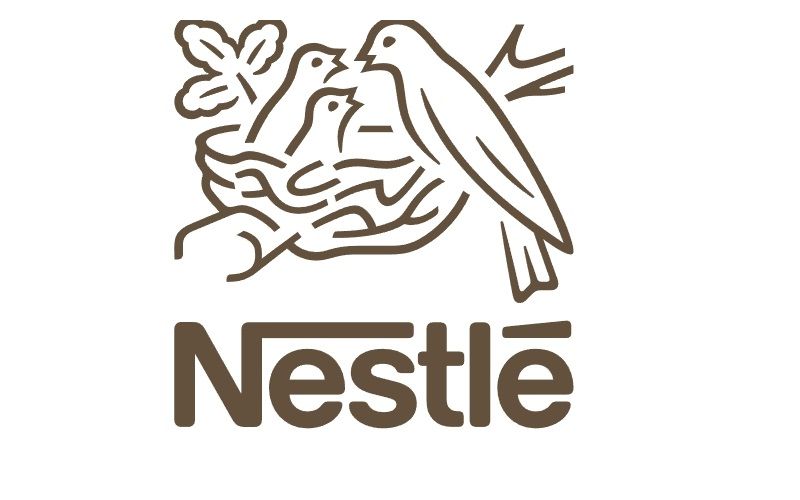Nestlé paves the way for green shipping, targeting significant emission reductions
Nestlé is taking a significant step towards reducing its environmental impact by transitioning to cargo ships powered by fuels derived from waste, such as used cooking oil.

With a goal to cut annual greenhouse gas emissions from shipping by approximately 200,000 metric tons of CO2 equivalent, Nestlé aims to make a substantial contribution to environmental sustainability, potentially eliminating the need for around 500,000 barrels of crude oil for ocean transportation.
Stephanie Hart, Executive Vice President and Head of Operations at Nestlé, emphasized the company's commitment to achieving net-zero emissions by transforming various aspects of its supply chain. The agreements forged with shipping partners, including Hapag-Lloyd, Maersk, and CMA CGM, are anticipated to have an immediate impact on reducing Nestlé's carbon footprint. Hart acknowledged that while these agreements represent an interim solution, Nestlé actively encourages the ongoing development of longer-term decarbonization solutions in shipping and distribution.
Although shipping constitutes a relatively small portion of Nestlé's overall carbon footprint, the company recognizes the importance of addressing the impact of logistics services in its journey towards net zero. Fuels derived from waste, as indicated by shipping companies, promise a noteworthy reduction of at least 70% in equivalent emissions compared to conventional options.
The signed agreements with Hapag-Lloyd, Maersk, and CMA CGM cover half of Nestlé's shipping volumes for the year 2023, with the option to extend the collaboration into 2024 and beyond. This commitment ensures that alternative fuels will be utilized to transport an equivalent tonnage in the current year.
Nestlé's shipping partners expressed their support for the initiative and its positive environmental impact.
Stephanie Hart, Executive Vice President and Head of Operations at Nestlé, emphasized the company's commitment to achieving net-zero emissions by transforming various aspects of its supply chain. The agreements forged with shipping partners, including Hapag-Lloyd, Maersk, and CMA CGM, are anticipated to have an immediate impact on reducing Nestlé's carbon footprint. Hart acknowledged that while these agreements represent an interim solution, Nestlé actively encourages the ongoing development of longer-term decarbonization solutions in shipping and distribution.
Although shipping constitutes a relatively small portion of Nestlé's overall carbon footprint, the company recognizes the importance of addressing the impact of logistics services in its journey towards net zero. Fuels derived from waste, as indicated by shipping companies, promise a noteworthy reduction of at least 70% in equivalent emissions compared to conventional options.
The signed agreements with Hapag-Lloyd, Maersk, and CMA CGM cover half of Nestlé's shipping volumes for the year 2023, with the option to extend the collaboration into 2024 and beyond. This commitment ensures that alternative fuels will be utilized to transport an equivalent tonnage in the current year.
Nestlé's shipping partners expressed their support for the initiative and its positive environmental impact.
Key News of the Week










